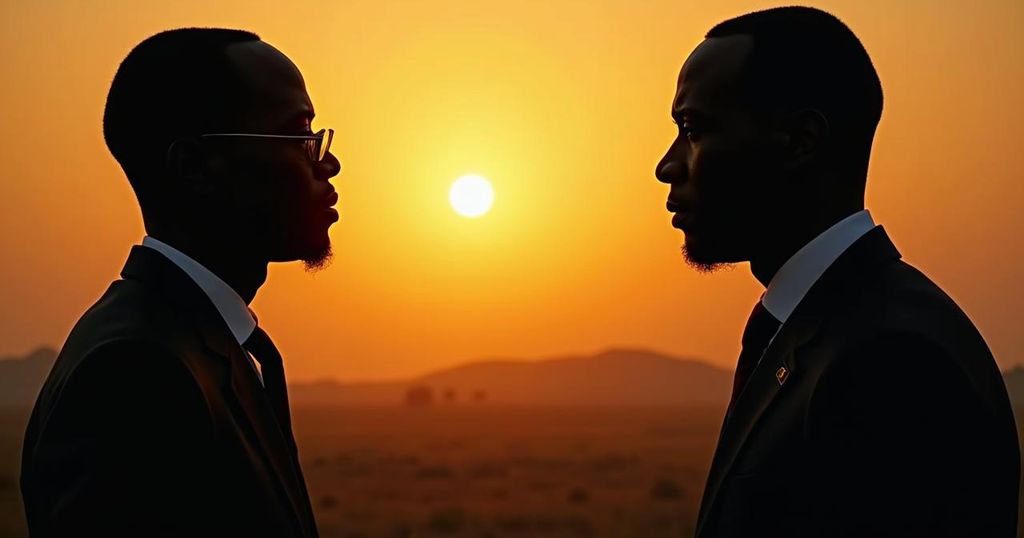Rwandan Foreign Minister Olivier Nduhungirehe announced that his Congolese counterpart declined to sign a deal intended to address the M23 rebel conflict in the eastern Democratic Republic of Congo, which has displaced over 1.7 million people. The proposed agreement sought to manage actions against the FDLR and alleviate Rwanda’s defense measures, but disagreements between the two countries prevented its finalization.
On Saturday, Olivier Nduhungirehe, the Foreign Minister of Rwanda, stated that his Congolese counterpart declined to sign a mutually agreed-upon deal aimed at mitigating the ongoing M23 conflict in the eastern Democratic Republic of Congo, which has resulted in the displacement of over 1.7 million individuals. Nduhungirehe’s comments came during a summit for leaders from French-speaking nations in France. The eastern region of the Democratic Republic of Congo has been plagued by an insurgency led by the Tutsi-dominated M23 group since 2022, prompting accusations from the Congolese government, as well as from the United Nations, that Rwanda is providing military support to the rebels. Rwanda rejects these allegations, asserting that it has engaged in defensive actions in response to attacks from the Hutu rebel group Democratic Forces for the Liberation of Rwanda (FDLR), which targets Tutsis in both Congo and Rwanda. Despite both countries participating in negotiations in late August to address the ongoing humanitarian crisis further exacerbated by this conflict, Nduhungirehe disclosed that the Congolese minister ultimately refused to endorse the agreement that had previously been accepted by military intelligence officials from both nations. Initially, the proposed plan targeted actions against the FDLR, which was to be executed prior to Rwanda alleviating its defense measures. Nduhungirehe mentioned that the Congolese minister expressed objections to this sequence, desiring simultaneous action instead. Subsequently, both Head of State of Congo, Felix Tshisekedi, and his Rwandan counterpart, Paul Kagame, were present at the summit where discussions took place. French President Emmanuel Macron had sought to facilitate a joint meeting among them; however, they each ended up having separate discussions with him instead.
The M23 conflict has its roots in complex historical tensions among ethnic groups in the region, particularly involving the Tutsi and Hutu populations. The resurgence of the M23 rebel group represents a deterioration of stability in eastern Democratic Republic of Congo, where violence has been persistent for decades. The involvement of Rwanda in supporting the M23 is a point of contention, as it is accused of harboring ambitions over Congolese territory and resources. The international community, including the United Nations, is closely monitoring the escalating situation as it threatens to destabilize not only the region but has the potential to ignite broader military confrontations between the neighboring countries.
In conclusion, the refusal of the Congolese Foreign Minister to sign the agreement aimed at addressing the M23 conflict underscores the intricate nature of relations between Rwanda and the Democratic Republic of Congo. The situation remains precarious, with the humanitarian crisis intensifying, and the international community’s attention is increasingly focused on finding a sustainable resolution to these pressing issues that affect millions in the region.
Original Source: www.usnews.com






